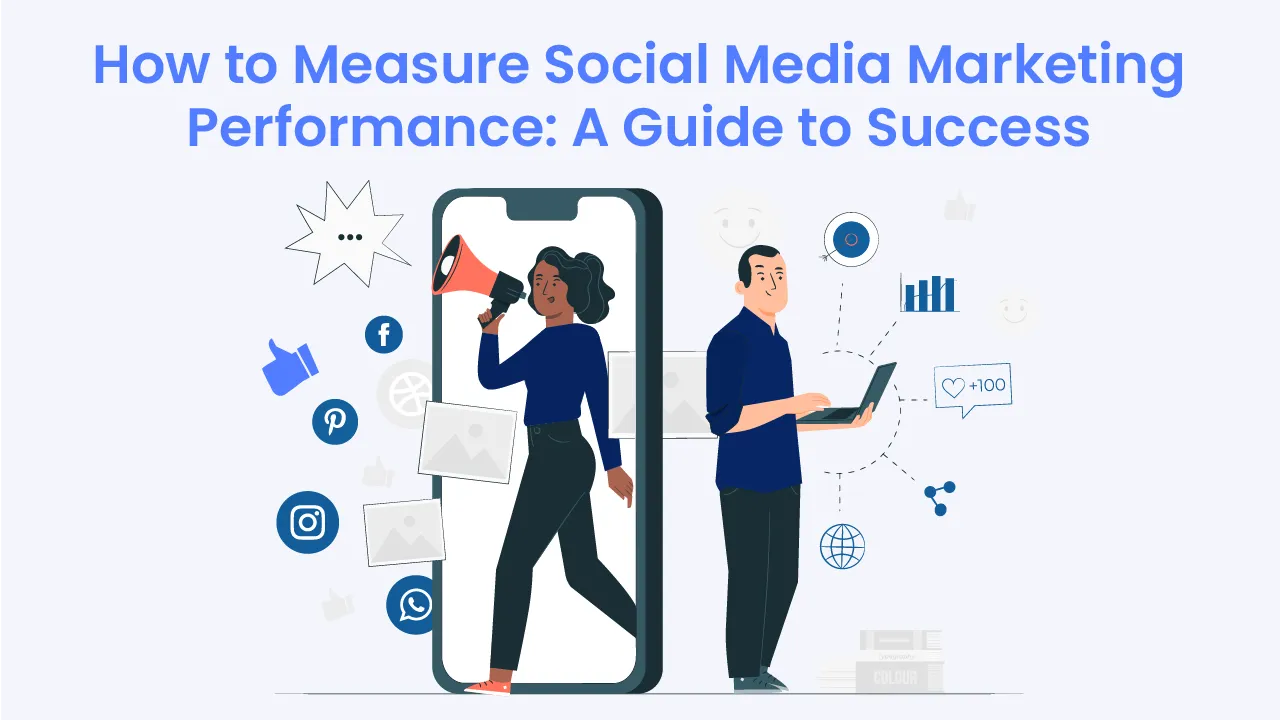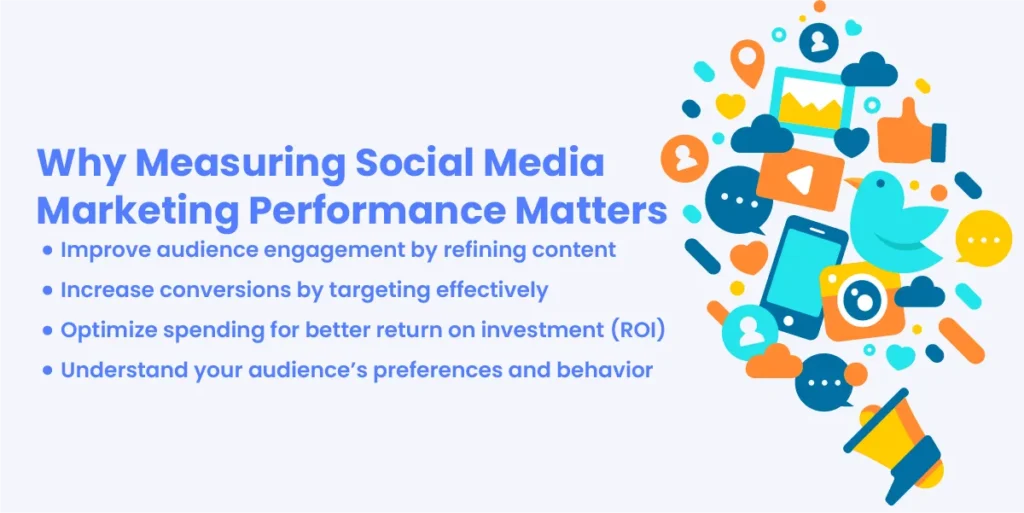
Social media offers businesses the opportunity to reach a broad audience, but success requires more than just posting content. To maximize your social media efforts, it’s essential to track and evaluate performance regularly. Understanding how to measure social media marketing performance enables you to:
- Improve audience engagement by refining content
- Increase conversions by targeting effectively
- Optimize spending for better return on investment (ROI)
- Understand your audience’s preferences and behavior
Set Clear Goals and KPIs
Before you can measure success, you need clear, measurable goals. Are you aiming to increase brand awareness, boost website traffic, or drive product sales? Knowing your goals will help you define specific Key Performance Indicators (KPIs) that align with your business objectives.
What are KPIs in social media marketing? KPIs are measurable metrics that indicate how effectively your social media strategy is achieving its goals. Common KPIs for social media include:
- Engagement rate (likes, comments, shares)
- Follower growth rate
- Click-through rate (CTR)
- Conversion rate
- Cost per click (CPC) and return on ad spend (ROAS) for paid ads
Setting KPIs based on your goals is a crucial first step in understanding social media marketing effectiveness.
Track Engagement Metrics
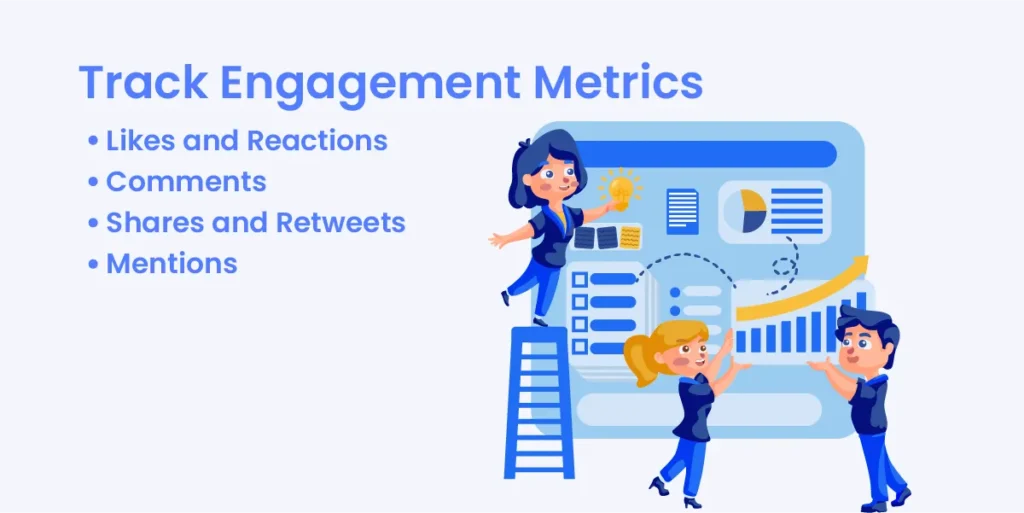
One of the best ways to measure the success of social media marketing is through engagement metrics. Engagement shows how well your content resonates with your audience and how actively they interact with your brand.
Key Engagement Metrics to Track:
- Likes and Reactions: These indicate basic user interest.
- Comments: Comments reflect deeper engagement, as users are taking time to share their thoughts.
- Shares and Retweets: These show your content’s reach, as users share it with their networks.
- Mentions: Whether users mention your brand directly or indirectly, it shows brand visibility and engagement.
A high engagement rate means your content is sparking interest and conversation, which can lead to stronger brand loyalty and awareness over time.
Measure Website Traffic from Social Media
If one of your goals is to drive website traffic, it’s essential to track how much of it comes from social media. Google Analytics is a powerful tool for this, as it shows where your visitors are coming from, how long they stay, and what actions they take on your site.
How to track social media marketing performance in Google Analytics:
- Go to Acquisition > All Traffic > Source/Medium in Google Analytics.
- Look for social platforms (e.g., “Facebook / Social,” “Instagram / Social”) to see traffic sources.
Tracking website traffic allows you to see which social channels are most effective at directing users to your website.
Track Conversion Metrics
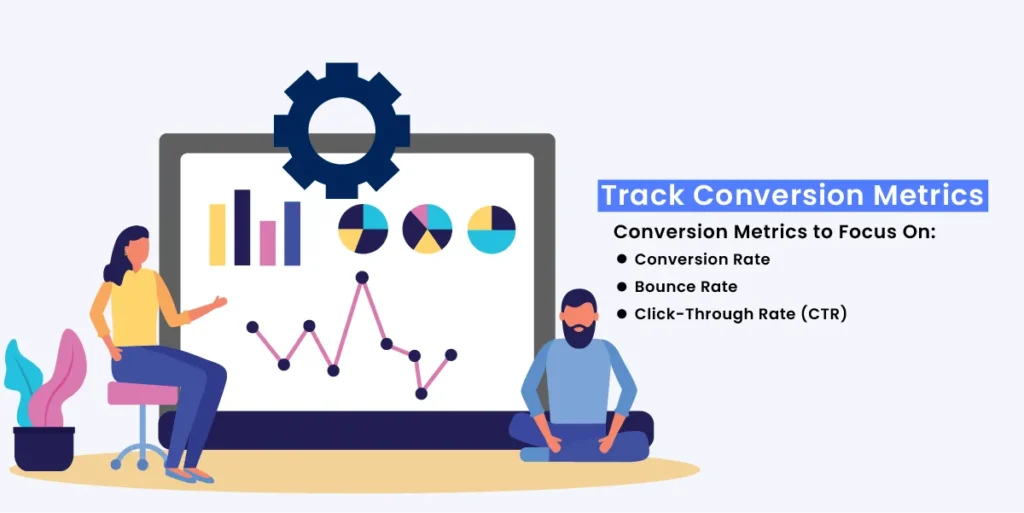
Conversions are actions that you want users to take, like making a purchase, filling out a form, or signing up for a newsletter. Tracking conversions helps answer How do you measure social marketing effectiveness? and gives insight into your social media’s ROI.
Conversion Metrics to Focus On:
- Conversion Rate: Percentage of users who complete a desired action.
- Bounce Rate: Shows the percentage of users who leave your site without engaging further.
- Click-Through Rate (CTR): The rate at which people click on your social media links to visit your site.
Using tools like Google Analytics and social media platform insights can provide a deeper understanding of how your social media strategies are impacting conversions.
Analyze Brand Awareness Metrics
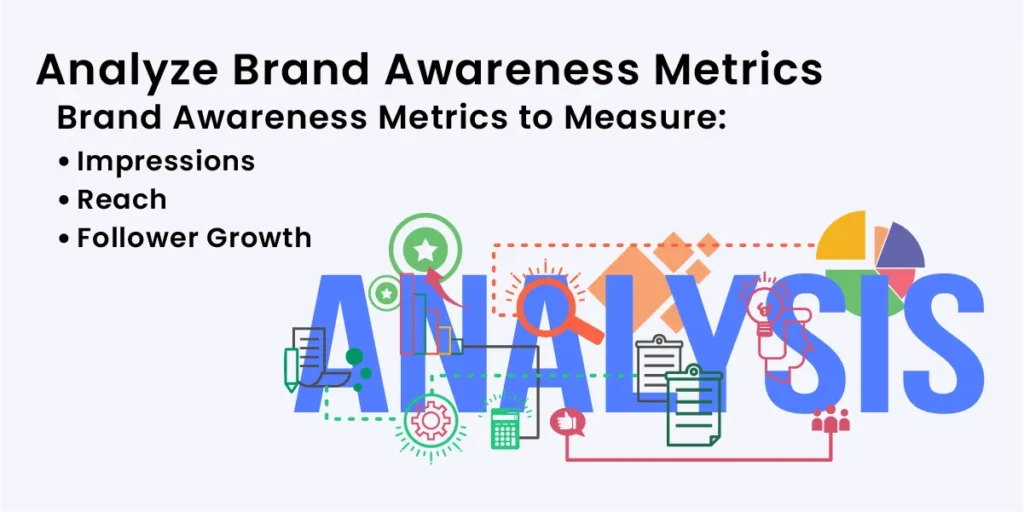
If you’re aiming to increase brand visibility, brand awareness metrics are essential. Brand awareness measures how familiar people are with your brand and whether they recognize it among competitors.
Brand Awareness Metrics to Measure:
- Impressions: The number of times your content is displayed, even if it’s not clicked.
- Reach: The number of unique users who saw your content.
- Follower Growth: An increase in followers suggests that more people are becoming interested in your brand.
Regularly tracking brand awareness metrics helps you understand how far your content is reaching and whether your audience is growing.
Monitor Audience Growth and Demographics
It’s essential to know who your followers are and whether your audience is expanding. Monitoring your audience growth rate can reveal if your social media efforts are successfully reaching and attracting your target demographic.
Demographic Metrics to Track:
- Age and Gender: Helps tailor content to specific audience segments.
- Location: Useful for local businesses or location-based marketing.
- Device: Knowing if users access your content on mobile or desktop can guide content format.
Keeping track of these metrics helps ensure that your content aligns with your audience’s preferences, improving engagement and relevance.
Evaluate Paid Social Media Campaigns
If you’re running paid social media campaigns, measuring their performance is crucial. Paid campaigns often focus on conversions or reach, and monitoring key metrics is essential to ensure your budget is spent wisely.
Metrics to Measure for Paid Campaigns:
- Cost per Click (CPC): How much you’re paying each time a user clicks on your ad.
- Return on Ad Spend (ROAS): Measures the revenue generated by your ad spend.
- Click-Through Rate (CTR): Reflects how compelling your ad is.
Regularly evaluating these metrics allows you to optimize your campaigns for cost-effectiveness, reaching more people at a lower cost.
Use Social Listening for Customer Insights
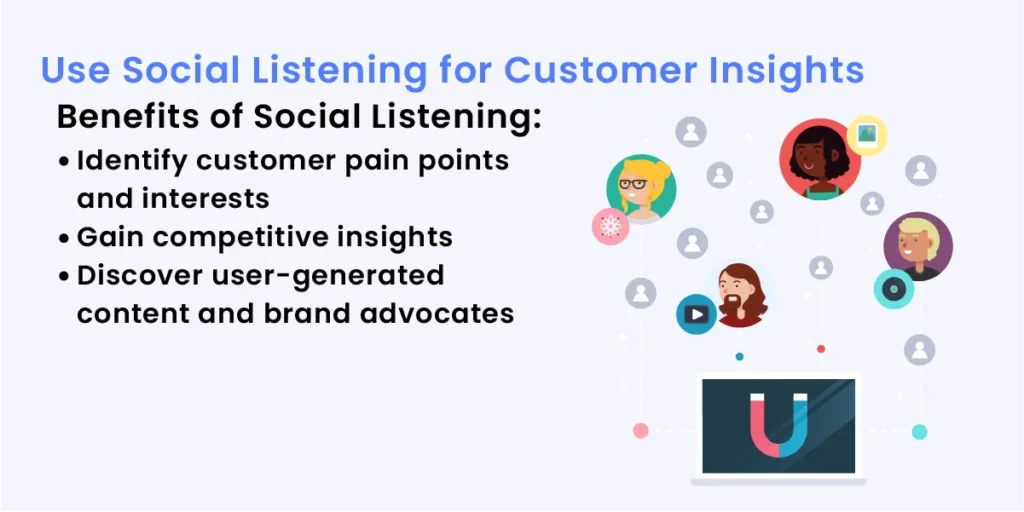
Social listening involves monitoring social media platforms for mentions of your brand, competitors, and industry trends. It helps you understand customer sentiment and emerging trends, which can be invaluable for adapting your strategy.
Benefits of Social Listening:
- Identify customer pain points and interests
- Gain competitive insights
- Discover user-generated content and brand advocates
Tools like Hootsuite, Sprout Social, and Brandwatch can make social listening easier by tracking keywords and analyzing conversations around your brand.
Generate Reports and Analyze Data
The final step is to compile all your data into a report that highlights key performance metrics. Reporting allows you to review what worked, identify areas for improvement, and plan future social media strategies. Regular analysis ensures that you stay on top of performance and can adapt to changes in audience preferences and industry trends.
Common Reporting Tools:
- Google Data Studio: Connects with various data sources for custom reporting.
- Facebook Insights: Provides data on your Facebook audience and post performance.
- Twitter Analytics: Shows detailed engagement metrics on Twitter.
Building a habit of reviewing your performance regularly helps make data-driven decisions and refine your social media approach effectively.
FAQ Section
How do you measure the success of social media marketing?
Success can be measured using KPIs like engagement, reach, conversion rate, and ROI, depending on your goals.
How to track social media marketing performance?
Track performance with tools like Google Analytics, platform insights, and social listening tools. Regularly monitor metrics like engagement, conversions, and audience growth.
How do you measure social marketing effectiveness?
Effectiveness is gauged by tracking KPIs, such as engagement, brand awareness, and conversion rates, to see if your efforts meet business objectives.
What is KPIs in social media marketing?
KPIs are measurable indicators of performance. They help gauge the success of your social media activities against your marketing goals.
Why Choose The Digi Park for Social Media Marketing?
At The Digi Park, we understand that effective social media marketing is data-driven and goal-oriented. Our team uses advanced analytics to measure your social media performance, optimize your campaigns, and ensure every post contributes to your success. From setting up tracking to analyzing data, we make it easy for your brand to thrive online.
Ready to improve your social media performance? Contact The Digi Park today to take your marketing strategy to the next level!

